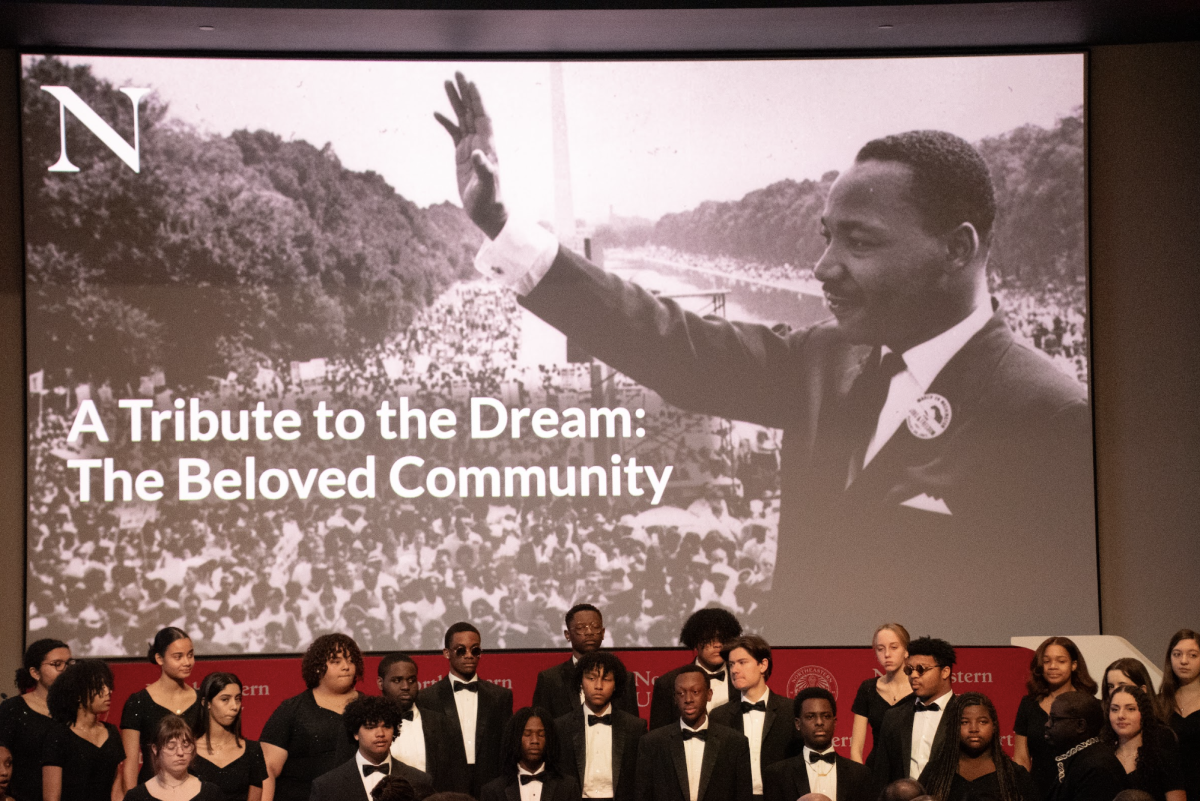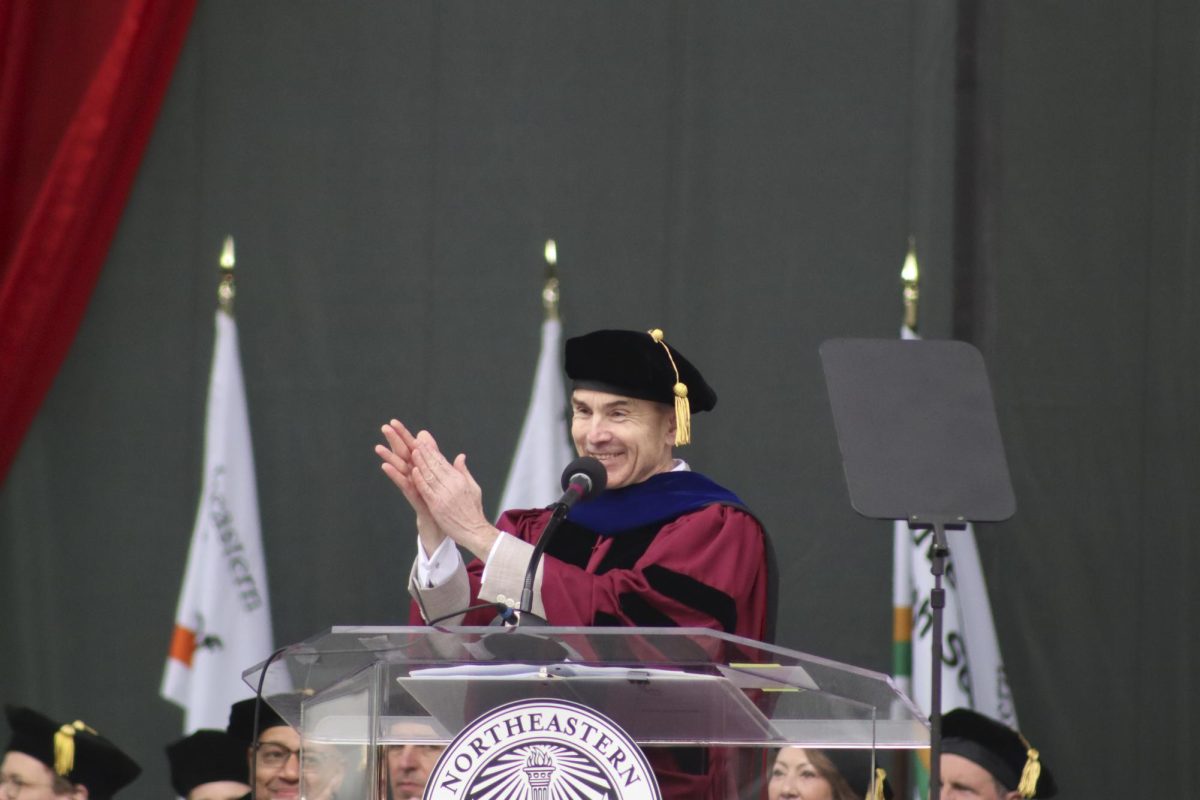By Jason Turgeon
Recent issues of The Northeastern News have contained full-page ads by the MPAA warning of impending lawsuits targeted at the so-called “piracy” of movies, in a move similar to the lawsuits started by the music industry last year. Carleton Atwater’s article (“Excessive movie sharing raises legal concerns,” Dec. 1) on the issue in Wednesday’s edition did very little to explain the debate surrounding the effects of new technology on the entertainment industry. Not only are there many compelling reasons to allow file-sharing to continue unhindered, there is also a simple way to ensure that artists and copyright owners can fairly profit from this new method of distribution.
The record companies tell us that “pirates” are “stealing” songs and movies online, but that version of the story ignores reality and blindly parrots Hollywood spin. The reality: When you pay $16 for a CD, the musician gets about $1 — if they’re lucky. Many major label artists get nothing at all. Similarly, when you pay $20 for a DVD, the only real winner is the studio. Most of the hundreds of people involved in making the movie — including the majority of actors, writers and directors — work for a set fee, not a percentage of the total sales.
The “Big 5” major labels pay radio stations to play their songs (and only their songs). Payola, once a scandal, is now standard practice, and the Big 5 use their control of radio playlists to force terrible contracts on musicians. To make matters worse, a handful of giant corporations control the majority of the airwaves across the country, making it almost impossible for a new band to find an audience without signing to a label. Similarly, a handful of theater and distribution companies control most of the market for new movies, which is why it is often so hard to find a real variety of films.
The major labels have been scamming musicians for decades and their claim that filesharing hurts artists rings hollow. The companies’ real worry is the Internet makes them unnecessary. The MPAA has similar worries. Rather than embracing this new technology and trying to find ways to capitalize on it, these giant corporations have reacted out of fear and decided to sue the very customers they claim to be so worried about losing.
There’s no justification for lawsuits against families or students: a Voluntary Collective License (VCL) system would let Internet providers offer “all-you-can-eat” downloads for a flat fee of $5 a month, and labels and studios would get paid for each song or movie. Total revenue would exceed what the major labels currently earn, but they’ll never accept it. Why? Because the new system would make it easy to be a successful musician without signing a major label contract. Similarly, the studios would no longer be able to completely dominate the motion picture industry.
Northeastern’s refusal to monitor content on the network is admirable, and Information Services should be commended for standing up to the bullies in Hollywood. In the meantime, I encourage all students not to be swayed by the hype surrounding these lawsuits. Educate yourselves about the issues surrounding copyright law and its misuses, continue to look for new ways to use the Internet’s amazing promise of instant unfettered information and consider downloading legal content from some of the sites below.
For information on file sharing, try www.downhillbattle.org. For more information on the VCL, go to www.eff.org/share/collective_lic_wp.php.
To find free short films that you’ll never see in theaters, go to www.atomfilms.com.
To download free music legally, try these sites: www.music.download.com, www.archive.org, www.garageband.com, www.shockwave.com and www.purevolume.com.
– Jason Turgeon is a middler environmental geology major.








